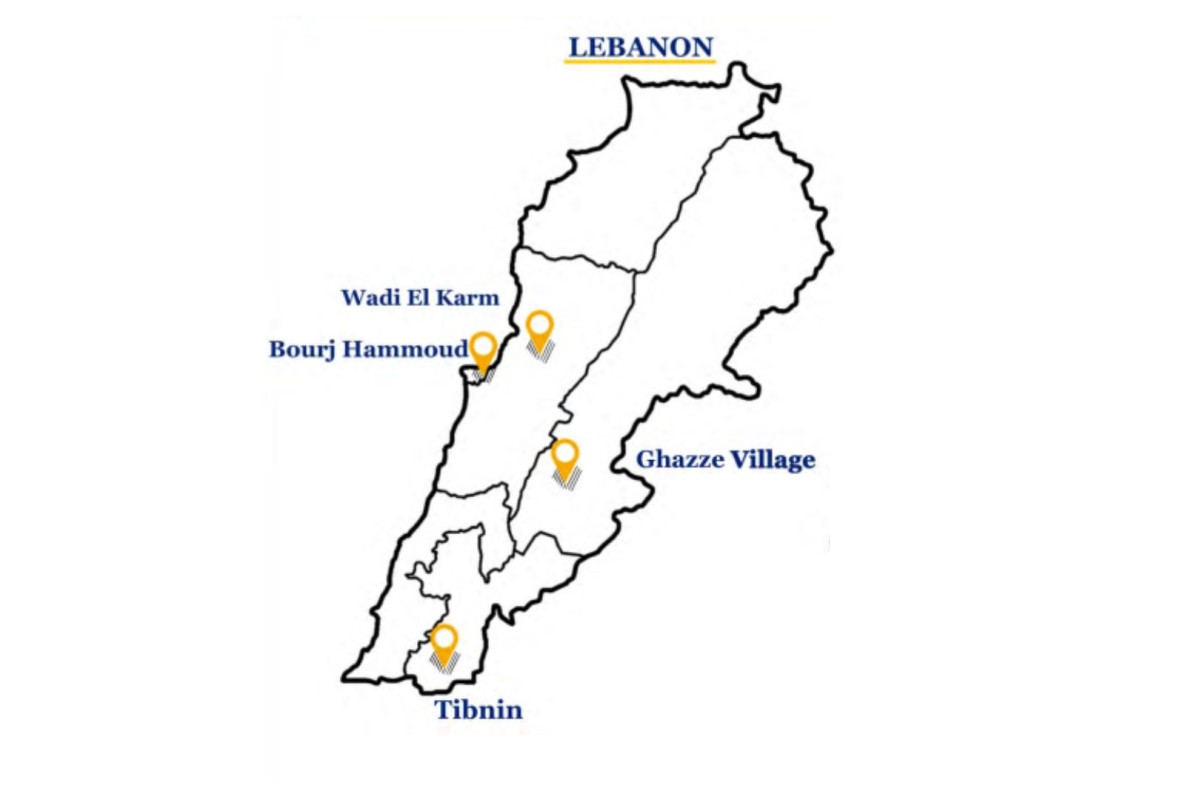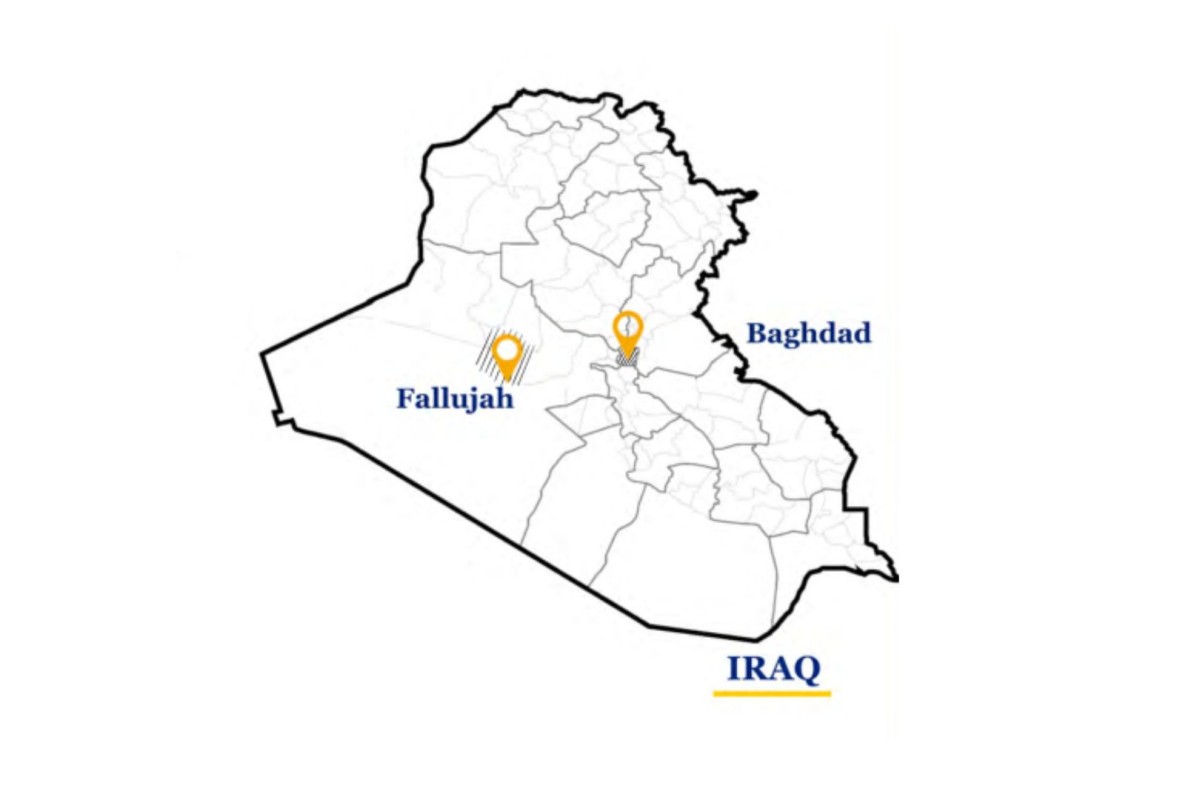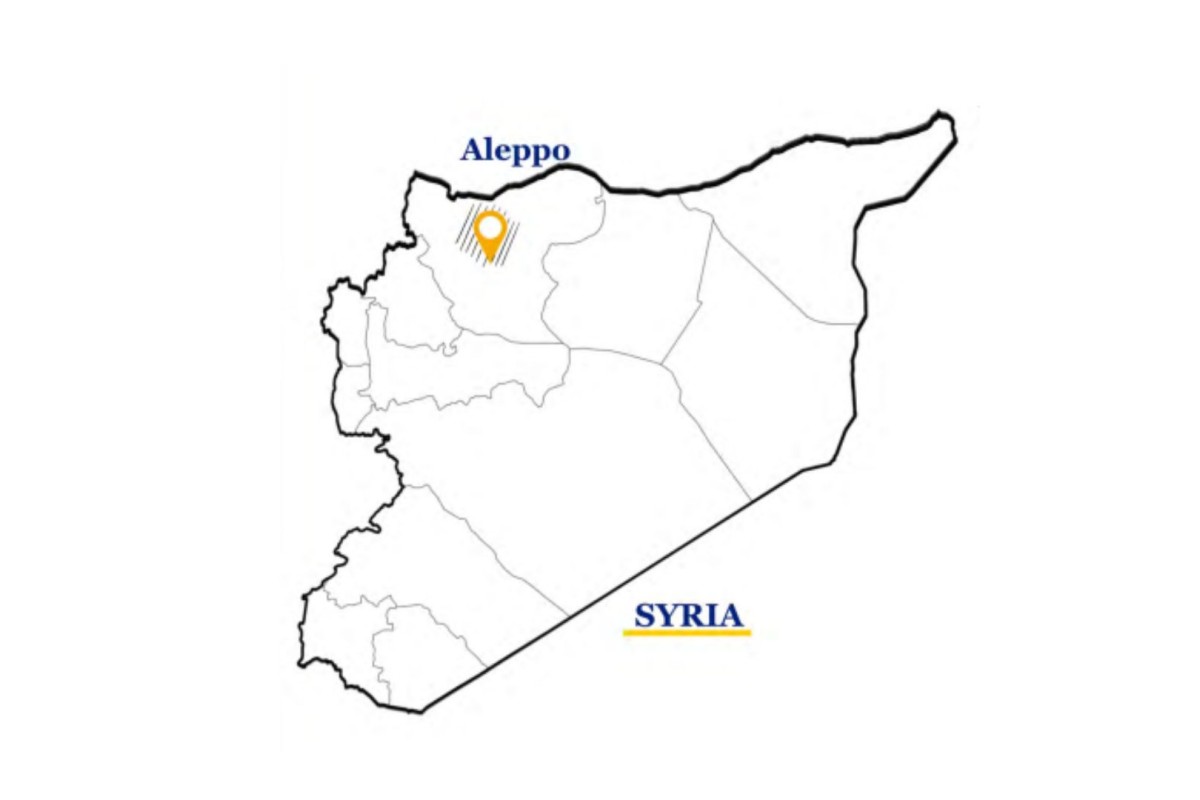Achievements

Enhancing Social Capital
As vulnerability factors were constantly increasing, ALPHA refined its participatory approach in the design and implementation of its assistance. Education and protection programs focused on building trust among refugees and host communities, teachers, educators, social workers, parents, psychologists, children themselves, municipalities, International NGOs, local associations, groups of experts, without whom the development of protection and education policies is impossible. Affected populations were included in needs assessments, which optimized social assistance. At the request of disadvantaged urban youth, eco-agricultural projects focused youth environmental concerns.
Achieving Community Engagement
In Iraq, the COVID-19 pandemic manifested its potential to exacerbate existing vulnerabilities. ALPHA adopted a community engagement approach in its health and educational programs. This approach had a positive impact, not only by building resilience to fragility, but also by capitalizing on a synergetic collaboration between all main social actors.
As a result, today, we witness the commitment of Iraqi high-ranking medics living in the US or in the UK in our local health programs. Iraqi mayors are looking after water sanitation supplies, which were installed by ALPHA in their villages 3 years ago. Businessmen, willing to utilize their Zakat to improve education for all, supported partly the transformation of our Baghdad office into a learning center for disadvantaged students.


Introducing Social Work Principles
Since 2018, Alpha is remotely building social work capacities in Syria through WhatsApp and skype sessions. 50 Syrian men and women engaged in activities with children and families affected by the war have benefited, so far, from these trainings; they also became peer educators.
While the demand for social workers is growing in Syria, our trainings filled vacancies and met professional development goals.
For ALPHA, these trainings are also a reconciliation tool, especially in countries where the social fabric has been torn apart by the war.